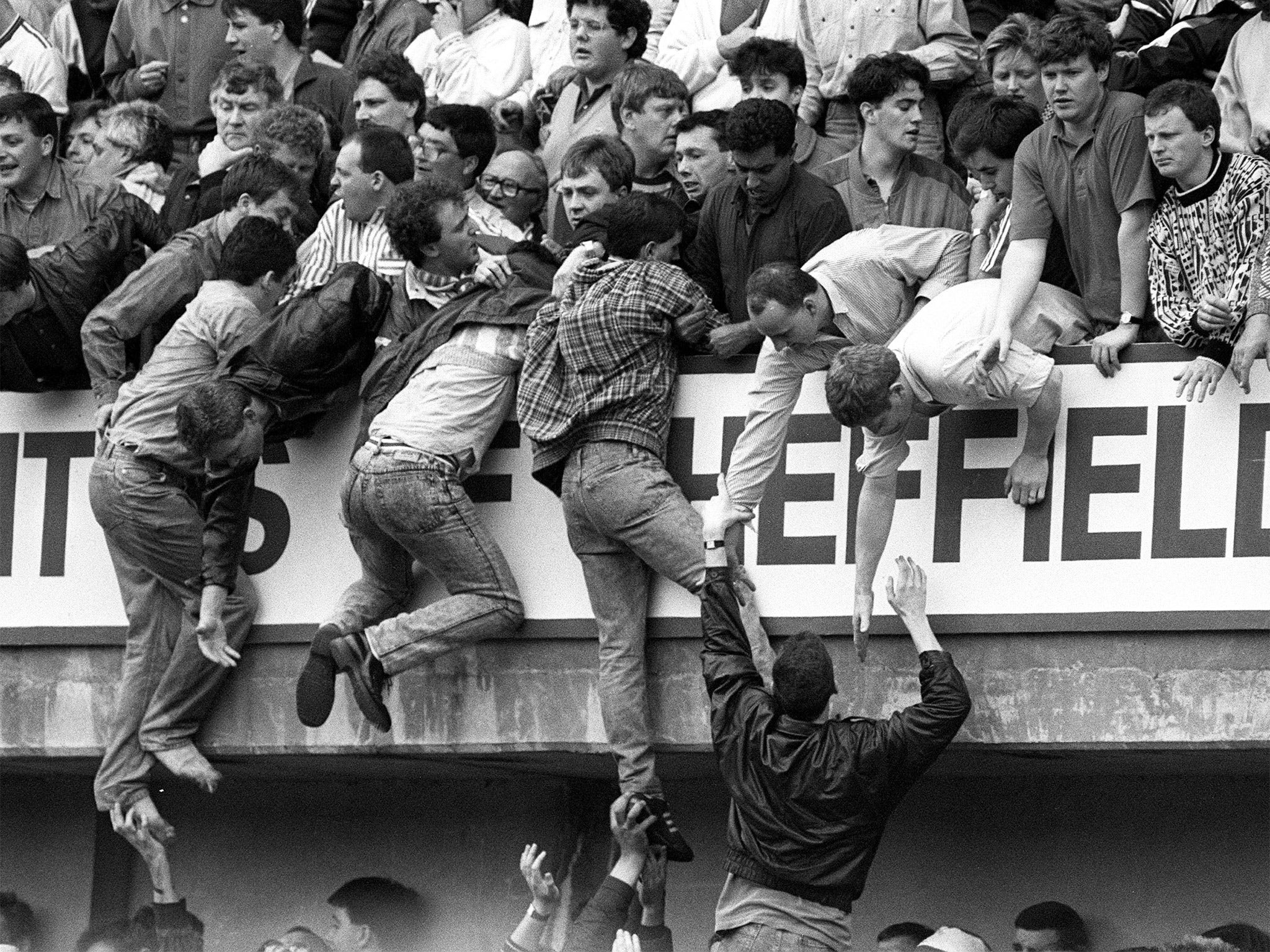Hillsborough Disaster decision will end a 27-year wait for justice for families of the 96
Even if an unlawful verdict is not found, the court case – which has been the longest in British criminal history – will still have accomplished a monumental amount

There was a calm before the storm on Monday at the anonymous courtroom building where, quietly and without ceremony, the inquests into the 96 victims of football’s Hillsborough disaster have been taking place these past two years. Barriers were being erected to create compounds for the vast ranks of media who will gather there on Tuesday. Courtroom passes were hurriedly organised for the families of the 96 who will make the pilgrimage.
At 11am, we will know what decisions have been reached by a majority of seven of nine jurors in the case. ‘Decisions’ because, although there is always a natural desire for a ‘guilty’ or ‘not guilty’ when questions of blame are considered, this inquest process is not binary. It is more complex than that.
The jurors have been asked by coroner Sir John Goldring to answer fully 14 questions, relating to whether the South Yorkshire Police force were adequately prepared for the 1989 FA Cup semi-final, whether the stadium was defective, whether its owners Sheffield Wednesday were culpable, and much more. It is the answers to the 14 that we will hear tomorrow.
The question which the jury took longest to decide on – and only reached consensus when the coroner allowed them to do so by majority verdict today – is the one on which the focus will fall. It is question six, which asks: “Are you satisfied, so that you are sure, that those who died in the Disaster were unlawfully killed?” If the jury forewoman responds in the affirmative, there would a sense of finality and a reckoning for the families, who have waited 27 years for answers as to how their loved ones died.
The burden of proof required to reach such a conclusion about the match commander David Duckenfield, who under the rules governing inquests cannot be named within the compass of a verdict, is high. An unlawful killing verdict will surely be taken to mean the jury has concluded that Mr Duckenfield acted or omitted to act in such a way that amounted to manslaughter by gross negligence. They must presumably be satisfied that he knew there was a risk of death when he fatefully opened one of the exit gates to the ground, after which the crush occurred, and yet still failed to recognise what a reasonably competent match commander would have foreseen.
If an unlawful verdict is not found, the court case – which has been the longest in British criminal history – will still have accomplished a monumental amount. The last two years have shone a light on every corner of events and conduct leading up to and following April 15, 1989. The authorities have been submitted to the most intense scrutiny. And, perhaps most significant of all, we have seen beyond that catchall phrase of ‘the 96’, that there were people – sons, daughters, brothers, fathers, friends – who died on that dreadful day.
The coroner was concluding his summing up two weeks back when he reminded the jury of their duty to decide whether video footage of 22-year-old David Birtle, taken amid the very worst of the horror at 3.07pm on April 25, 1989, had shown that he had died in the crush by that moment. The court saw the footage and there, indeed, was David, just about discernible; his face tiny at the bottom of the screen as others above him struggled to get over the pen and free. The video may have shown his head moving, the coroner observed. But that movement may have been due to "a loss of muscle tone" because life had already passed out of him, he added. Someone in the public gallery caught her breath, in that moment.
Two years of evidence. A reckoning. And such infinite sorrows.
Join our commenting forum
Join thought-provoking conversations, follow other Independent readers and see their replies
Comments